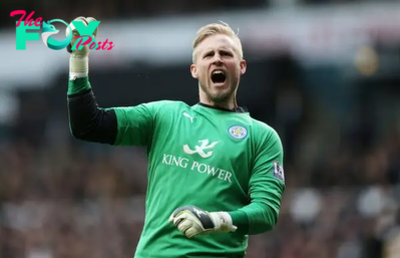Football
Celtic’s Massive Financial Gap Over Rangers ‘Not Healthy’ – David Low
David Low, the man instrumental in helping to bring Celtic back from the brink in the mid-90s and facilitating Fergus McCann’s takeover, has recently spoken about Celtic’s current share price and the club’s overall position. The seeds planted in the 90s have blossomed into a behemoth of Scottish football, with Celtic’s share price experiencing significant growth in recent months.
From hovering around the £1 mark, the club’s shares have surged to £2 per share, valuing Celtic at approximately £250 million. Low confirmed this valuation, stating, “The club’s value on the stock market, as of today, is about £250M.”
Low puts this jump down to Celtic operating in a thin market where there aren’t a lot of shares up for grabs. Over the last six weeks there has been a notable uptick in buyers, and where there are more buyers than sellers, the price of the stock rises.
While Celtic’s overall financial success is positive for shareholders, Low raises concerns about the implications for domestic competition. He questioned whether it’s beneficial for Celtic to be so far ahead of their Scottish rivals, including Rangers. Celtic’s bank balance in comparison to their rivals has never been bigger.
“It’s not necessarily a good thing to be so far ahead of all your domestic comPetition. We are in a domestic financial league of our own, and the gap between Celtic and their nearest rivals has never been bigger. And that’s not Healthy. What does Mike Tyson get out of sparring with Barry McGuigan? Very little.” He told The Celtic Exchange.
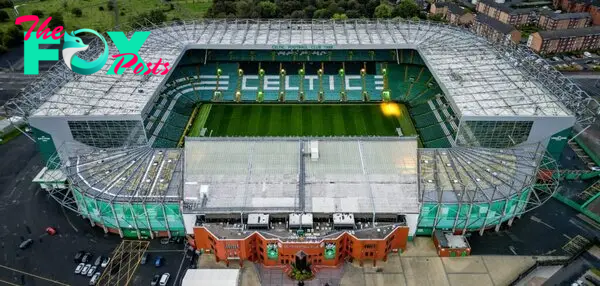
Reflecting on the desperate days of the 90s when pundits like Jim Traynor predicted a bleak future for Celtic, Low now sees a dramatic reversal. According to Low, the gap between second-placed Rangers and third-placed Hearts is smaller than the gap between Celtic and Rangers. “Rangers are nearer Hearts in terms of financial competition than they are Celtic. Celtic’s worth ten times what Rangers are in terms of stock market value. Celtic’s financial numbers are superior to Rangers in a way that they’ve never been.”
The accumulative efforts of Fergus McCann and the people around him at the time set this all into motion.
This dominance raises an intriguing issue for Celtic. Governed by a board that seems content with domestic success, there is less incentive to invest significantly in the playing squad. As a result, while Celtic may dominate domestically, their performance in European competitions will likely continue to suffer.
Celtic’s current financial Health and dominance in Scottish Football highlight a complex situation. The club’s unparalleled position domestically offers stability, but it also brings challenges in terms of maintaining comPetitiveness on a broader European stage. As Celtic continues to grow, the balance between domestic success and European ambition will be a crucial aspect of their strategy moving forward.
Celtic’s transfer market ethos, as articulated by David Low, revolves around acquiring either flawed players or those showing upward potential. This strategy, in place for two decades, emphasises finding undervalued talent and nurturing it into high-performing assets. The advantages of this model are clear: it allows Celtic to secure promising players at lower costs, develop them within the club’s framework, and potentially sell them at a profit, sustaining financial stability. Moreover, this approach can lead to the discovery of hidden gems who significantly contribute to the team’s success.
However, the model is not without its drawbacks. The inherent risk lies in the unpredictability of player development; not every acquisition will fulfill their potential, leading to wasted resources. How many £2m signings has Celtic made over the years that have went nowhere? It all adds up.
Additionally, relying on flawed players can result in inconsistencies in team performance, last season an example of Celtic stuttering despite their massive financial advantage. They had to dig deep after poor recruitment spells to get over the line. Nonetheless, Celtic’s overall success in implementing this strategy suggests a calculated gamble that, more often than not, pays off.
Unless there are fundamental changes in personnel at the top of the club, this strategy will continue. The balance sheet and the stock price are enough for those in power to believe they’re doing most things right. If that means sticking with an outdated transfer model and wage bracket, then so be it.
The full interview with David Low will be available at 1pm on Friday on the Celtic Exchange Pod.
-
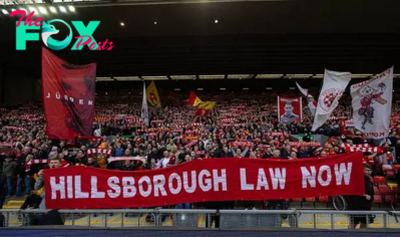
 Football14m ago
Football14m agoCampaigners welcome new Hillsborough Law plans confirmed in King’s Speech
-

 Football14m ago
Football14m agoCaoimhin Kelleher has already been told to quit Liverpool by his new Ireland manager
-

 Football1h ago
Football1h agoMarco Reus nears LA Galaxy transfer: When will he make his MLS debut?
-

 Football2h ago
Football2h agoAdmire André Onana’s Fashion: Man Utd Star Embraces Simplicity with a Touch of Rebellion.criss
-
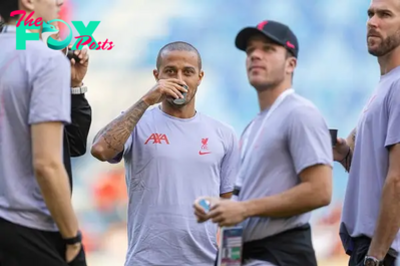
 Football5h ago
Football5h agoThiago’s first job after leaving Liverpool FC and retiring has now been confirmed
-
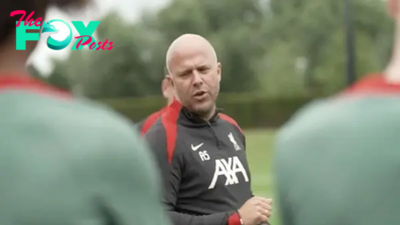
 Football5h ago
Football5h agoArne Slot has one clear instruction for Liverpool players as 11 vs. 11 work begins
-

 Football5h ago
Football5h agoThe 10 potential transfer moves to watch this summer: Nico Williams to Barcelona and Victor Osimhen to PSG?
-

 Football5h ago
Football5h agoCBS Sports lands EFL and Carabao, remains home of the thrilling Serie A
